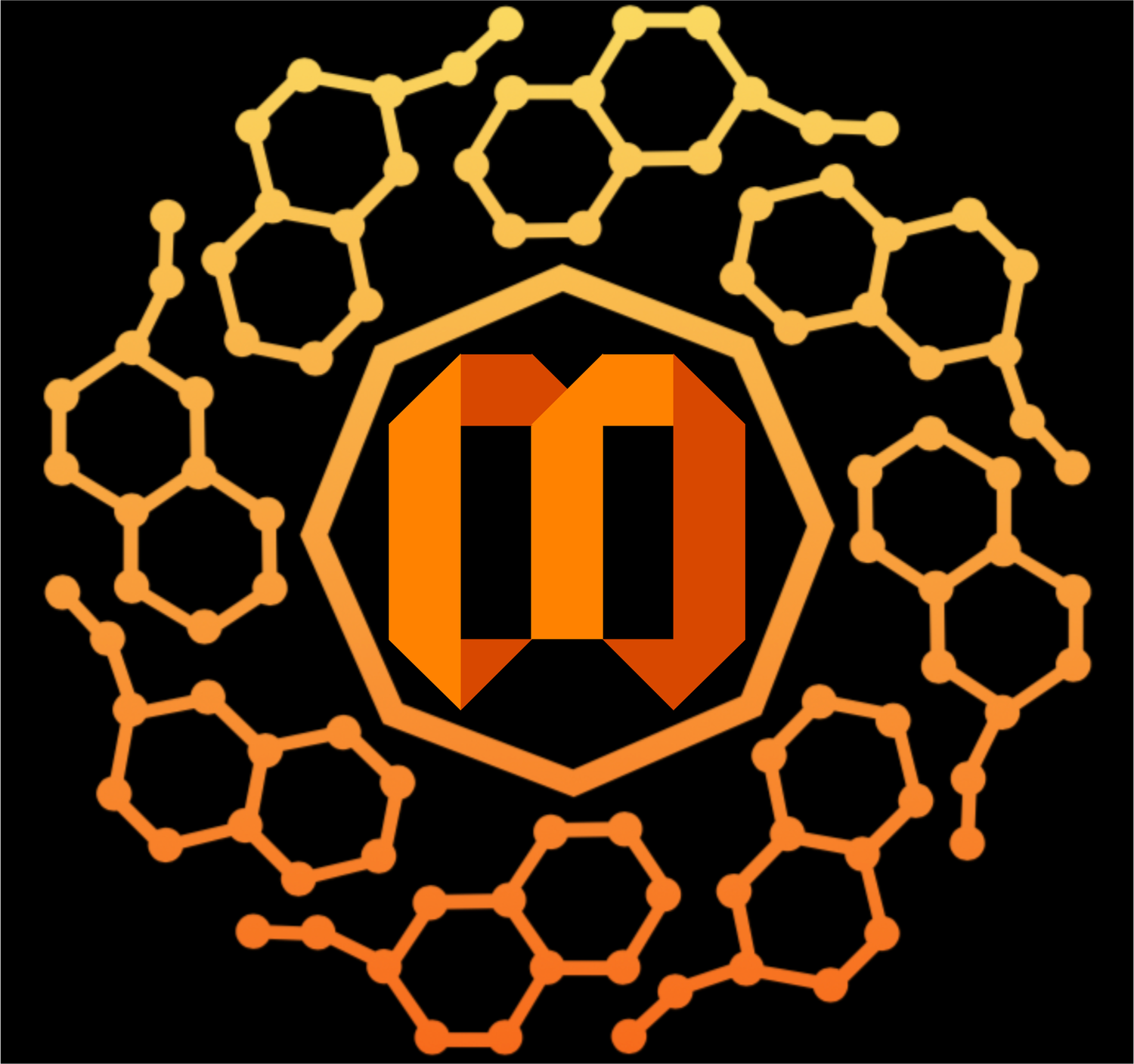Chemistry 531: Materials Inorganic Chemistry and Catalysis
A survey of the structural properties of contemporary inorganic materials. Topics include structure and bonding of solids, methods of materials synthesis and characterization, and an introduction to heterogeneous catalysis through thermal, photochemical, and electrochemical methods. A combination of Solid State Chemistry and its Applications (Anthony West), Solid State Materials Chemistry (Patrick Woodward), and selected articles are used for course materials.
Student Learning Outcomes/Objectives
Throughout this course, students:
Develop a factual basis and conceptual understanding of the properties and applications of inorganic materials, with specific emphasis on structural classification of materials and their syntheses, electronic and ionic properties, fundamentals of X-ray spectroscopy and electrochemistry, and the properties of these materials that contribute to activity in heterogeneous catalysis and electrocatalysis. Understanding and mastery is assessed through problem sets, class discussion, and exams.
Develop written communication and problem-solving skills by conducting a focused literature search and summarizing a detailed portfolio of research articles on a selected topic. These skills are assessed through a literature review presentation at the end of the semester.
Class Topics
Structural Properties, Point/Space Groups, and Descriptive Chemistry of Materials
Structural Defects and Thermodynamics
Synthesis
Phase Diagrams
X-Ray Diffraction
Bonding and Electronic Structure in Solids
Electronic Conductivity
Ionic Conductivity
Magnetism and Superconductivity
Absorption and Luminescence
XANES/EXAFS Characterization of Solids
Heterogeneous Catalysis with Materials
Photocatalysis and Photocatalytic Water Oxidation
Electrochemistry and Electrocatalysis with Materials


